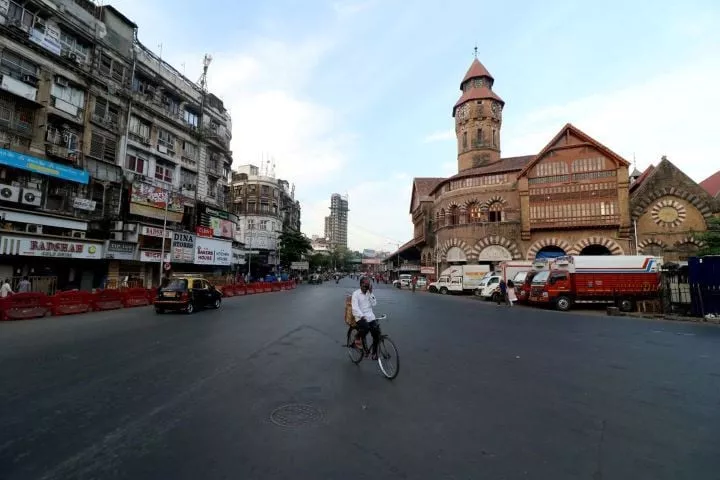Experts urge greater regional cooperation against pandemic
Call on South Asian countries to keep in mind domestic social realities in anti-Covid fight
ISLAMABAD:Experts from various countries of South Asia urged greater regional cooperation in response to the Covid-19 pandemic while speaking at a webinar titled ‘Response to challenges of the pandemic in South Asia’.
The session was arranged by the Institute of Regional Studies (IRS) on Monday. Speaking on the occasion, IRS President Ambassador Nadeem Riyaz stated that the response of the Government of Pakistan towards the Covid-19 pandemic was quite balanced.
He added that since the economic situation of the country did not allow it to impose an extended overall lockdown, it opted for smart lockdowns in most affected areas, as well as putting restrictions on activities most prone to the spread of the virus.
Ambassador Riyaz cited staggered attendance in offices, closing down of indoor diners and gathering halls, initiation of online classes in educational institutions, and imposition of a timetable for opening and closing of markets of non-essential items as examples of the government’s smart approach. The results of the policy, he maintained, were evident from the lower infection rates and casualty figures in Pakistan as compared to other regional countries.
Professor Swaran Singh of the Jawaharlal Nehru University, New Delhi, was of the view that the democratic and demographic dividend of South Asia was under threat from the virus. He supported the idea of introducing a global treaty for fighting pandemics, which, he shared, was already under discussion.
Professor Singh cautioned against knee-jerk reactions to the pandemic without keeping in mind the domestic social realities of the South Asian countries. He called for evolving long-term SAARC-level responses to the pandemic as he believed that it was not likely to disappear any time soon.
Professor Singh highlighted a greater understanding of the scientific nuances about the spread and control of Covid-19. He further stated that humans were social beings and it was highly stressful for them to endure social distancing. He even suggested calling it physical distancing instead of social distancing.
Sri Lankan author and political columnist Assanga Abeya-Goonasekera shared research proving that effectively functioning democracies had fared better against Covid-19 than countries with populist leaders. He was of the view that the Covid-19 response of the South Asian countries had exposed their systemic risk factors, such as lack of rational political decision-making on key subjects like the spread of pandemics.
He highlighted "the hubris mentality of the political leaders of South Asia", which, according to him, led to inaction against the spread of the pandemic. He attributed the absence of regionalism in South Asia to a lack of Track II interaction within the region.
Dr Prakash Bhattarai, Director of the Centre for Social Change, Nepal, blamed the government’s response to the pandemic for the high casualty figures in his country. He accused the Nepalese government of politicising this "important subject resulting in misplaced priorities".
Published in The Express Tribune, May 25th, 2021.


COMMENTS
Comments are moderated and generally will be posted if they are on-topic and not abusive.
For more information, please see our Comments FAQ